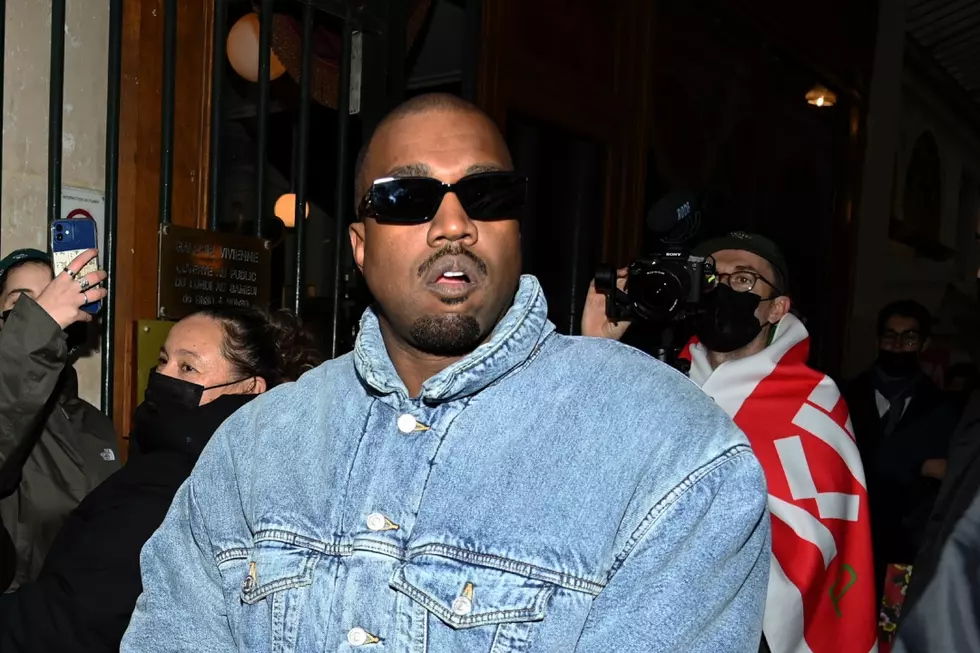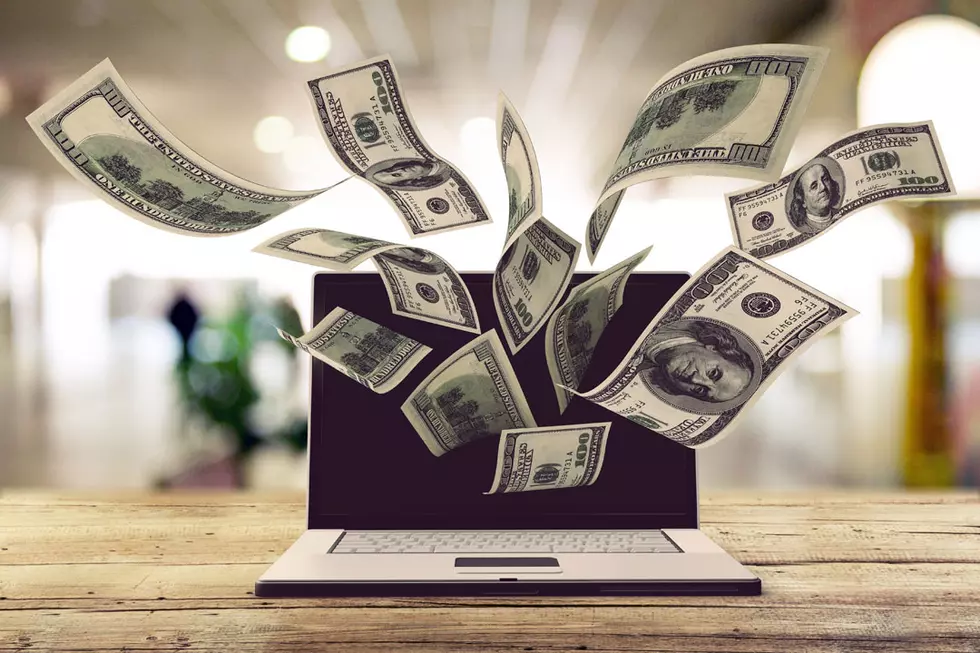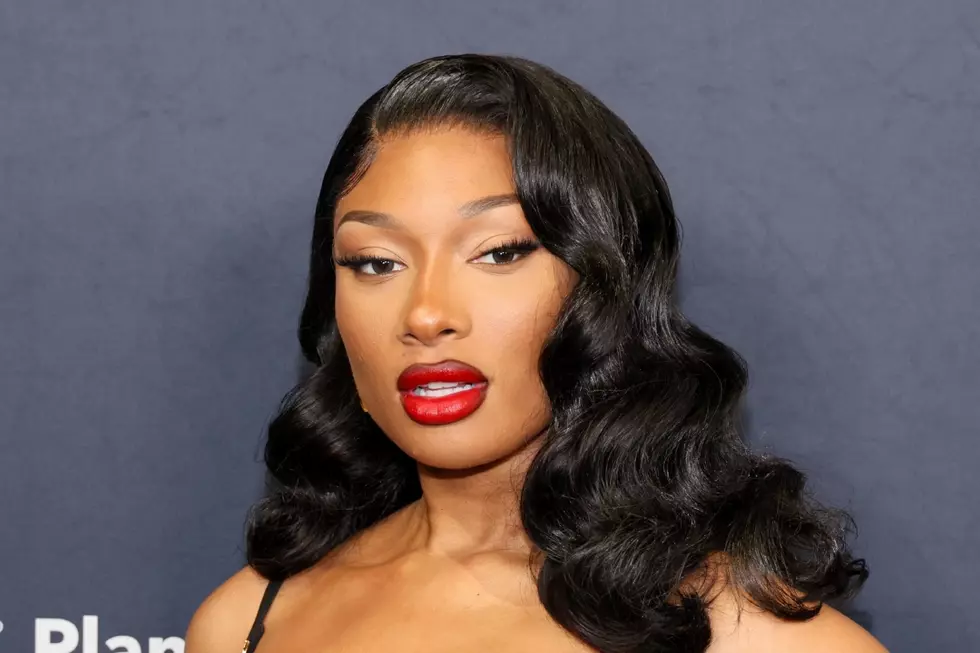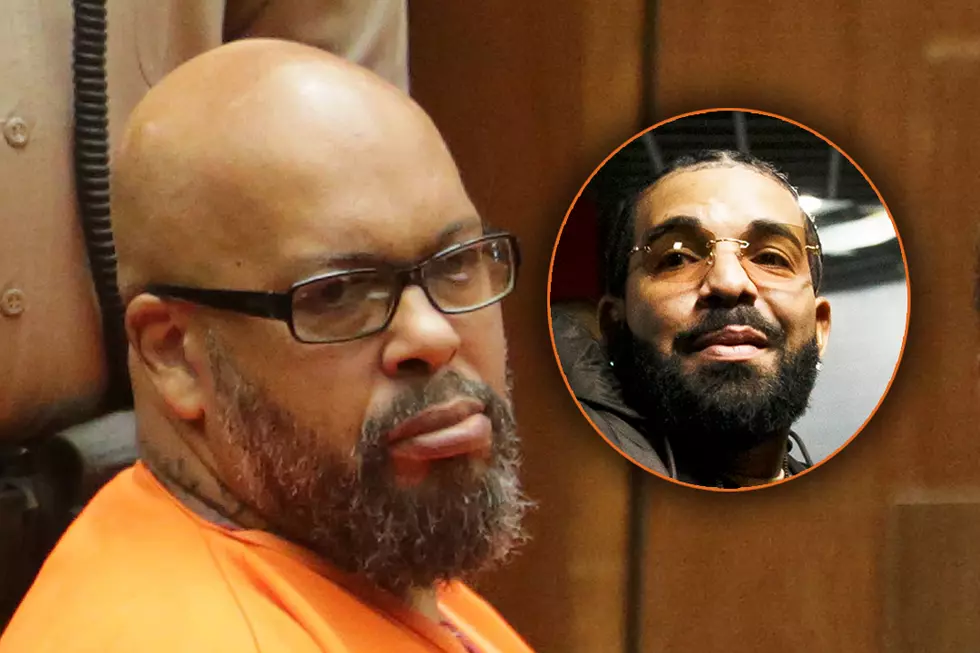Too $hort
Born N Raised
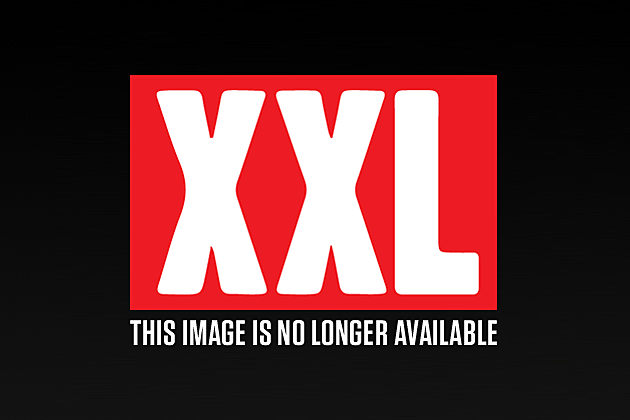
The name rings bells across the nation as a call to arms for pimpin’: “Too $hort, Baby, comin’ straight from Oakland.” This self-made millionaire built an empire in an era when quality independent music sold itself. He started out slangin’ his tapes out of the trunk in the ’80s, and eventually set a precedent for the West Coast sound (and later, the Dirty South) with the self-proclaimed “dope fiend beats.” And boy did it sell—each of his subsequent albums racking up platinum and gold sales with virtually no radio or video play. Now, after twenty-five years in the game, the Godfather of Bay Area rap is back at it again, lacing up cameos from here to Tennessee and dropping his 16th album, Up All Night, in June, adding sheer force to the growing momentum of the hyphy movement. $hort Dog may be getting older, but he’s still making sure that the youngsters from his ’hood are eatin’ and the OGs understand why the Bay Area’s bubbling new renaissance was destined to be.
Everyone pays homage to you as the Godfather of Bay Area Rap. That must feel good.
Mac Dre has been around a long time. E-40’s been around a long time. JT the Bigga Figga, Rappin 4-Tay. There’s been a lot of guys that been around a long time, but they all grew up listening to Too $hort. I really do respect and appreciate all the Bay Area artists and all the love they always give me. But I was a little dude makin’those records. I was in my teens when Too $hort was getting popular in the Bay Area on the local scene. So when somebody says to me, “I grew up on Too $hort,” I say, “I did too.”
Are you surprised at all by the current resurgence of the Bay Area movement?
I’m not really surprised that the hottest thing that’s coming out of the Bay right now is the music that makes you dance. I’ve been traveling around the world for twenty years, and in the last five years or so, no matter where you go, nowadays the fans like the artists that make them dance more. I been telling West Coast people in general—L.A., Vegas, San Diego, the Bay, all the way up to Seattle—I be like, “You gotta speed it up.” So now that they callin’ it hyphy, everybody’s dancin’. I’m just sayin’, “I told you so.”
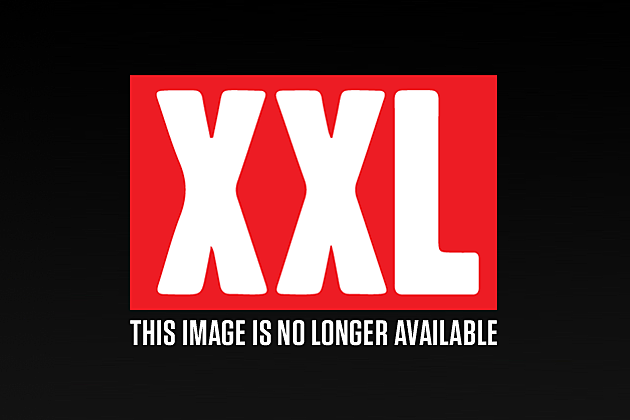 You epitomized the success of being from the Bay and also being an independent rapper. Do you think having a background at an independent label helps artists when they’re coming up?
You epitomized the success of being from the Bay and also being an independent rapper. Do you think having a background at an independent label helps artists when they’re coming up?
It helps. If you end up on a major label or you land a tour or something, being a part of that Bay Area independent scene is like college. [It’s] education. If you go from the independent scene to a major label, you’re in tune to other things than an artist who just put together his demo, shopped it and got a deal isn’t. You know the internal intricacies of a record company. And you know, Bay Area artists like to know the full scope of what’s going on in business. Not so much just [with] music and image, but, Where is my money going? How much is it? A lot of us are the keepers of our own bank accounts. I’ve always been that way. I’ve never had to ask somebody else, “Can you give me the money that Too $hort made?” It’s always come to me. So I think that’s something we got going on out here.
Do you think there’s any down side to coming up independent?
I think the bad side is that if you sell 50,000 records and you make $200,000, you’re not really as hungry as you could be or should be. It might pacify you. Do that year-in and year-out and then you go, Shit, I got a nice car, nice house, my kids eat. I don’t need a deal from a label. But that deal could potentially be the one thing that catapults you into international, nationwide stardom. We have artists in the Bay who are definitely on the same level as every artist you’ve been seeing on BET over the years. But the difference is: is a major label gon’ stand behind you and spend a million dollars to convince suburban America and the commercial world you’re “it”? In the early ’90s, late ’80s, the music stood for itself. Now, the marketing dollars represent what we really like. Who markets the best and the biggest is who sells the best and the biggest.
With Bay music blowing up on a mainstream level, a lot of other aspects of Oakland culture are getting drawn into the spotlight. Some of them, like sideshow culture or the drug aspect, have drawn criticism. Do you think that’s fair?
I don’t want to promote drugs or anything, but probably the harshest thing they might do is like some X pills or something. Listening to some other kinds of music, everybody’s [high] off crystal meth and just wasting their life away on serious drugs. I mean, there’s probably a negative side to classical music if you dig into it. I’ve been in four different cities this past week, and the most appealing thing about hyphy to the people outside of the Bay is the “ghostride the whip.” That just turns them on. That gets everybody’s dick hard and panties wet. [But] I feel like it’s a musical movement, first and foremost. When you look at it and analyze it, what stands out is the music—the artists, the music [that] makes you dance. The number-one thing about the hyphy isn’t the sideshow or doing donuts. It’s the music.
More From XXL


